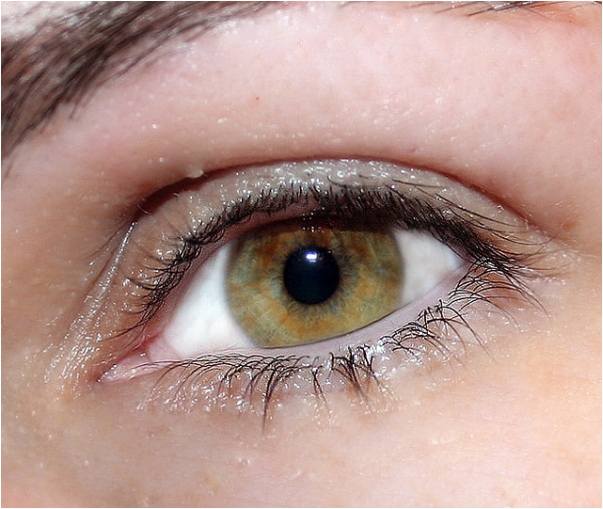Hairspray. Nail polish remover. That polyester wig you bought for Halloween. There are some beauty products you know to be flammable, but skin care? Not so much. However, a new report says the use of balms and ointments containing a certain ingredient could be responsible for dozens of fire-related deaths.
The waxy substance is known to be flammable — it’s literally the first adjective in the Oxford dictionary’s definition of paraffin — but warnings on product labels are scant. According to the report, if someone uses skin-care products with paraffin on a regular basis but doesn’t change or wash their bedding or clothing often, the paraffin residue can soak into the fabric. Then, if that fabric comes in contact with a cigarette, or a flame from a heater or candle, that residue can act as an accelerant.
“Paraffins are flammable and are a byproduct of petroleum jelly. Mineral oils are known as liquid paraffins,” cosmetic chemist Ginger King tells Allure. “All of these are in the same family with different viscosity, hence different flashpoints.”
The U.K.’s Medicines and Healthcare products Regulatory Agency (MHRA) has asked all manufacturers of skin-care products containing paraffin to carry a fire-risk warning, but so far, only seven of the 38 paraffin-contain products have complied; no warning is on U.S.-sold products that contain paraffin. In fact, Vaseline, which makes 100-percent petroleum jelly (often considered synonymous with paraffin), have gotten out ahead of the concerns and say on its official website that its jelly is not flammable.
“Many people mistakenly believe petroleum jelly to be a fire risk because petroleum itself can be a flammable material. However, in the way it’s designed to be used and stored, Vaseline jelly is not flammable,” the brand’s website says. However, “When heated to extremely high temperatures of more than 400 degrees Fahrenheit, Vaseline jelly may give off flammable vapors.”
“Petroleum jelly has a flash point of 182 to 221 degrees Celsius and self-ignition of above 290,” King explains. “I am sure Vaseline may have [its] own process for [its] petroleum jelly to raise the ignition temperature to prevent flammability.”
Although relatively common, products containing paraffin have become fewer and farther between due to concerns that it’s comedogenic. (Skin-clogging and flammable? Nice!) However, if you’re using a paraffin-based product and have no plans to stop, heed the advice of the MHRA: While it’s on your skin, don’t smoke or be near those who are smoking, don’t go near naked flames, and change your clothing and bedding regularly.




